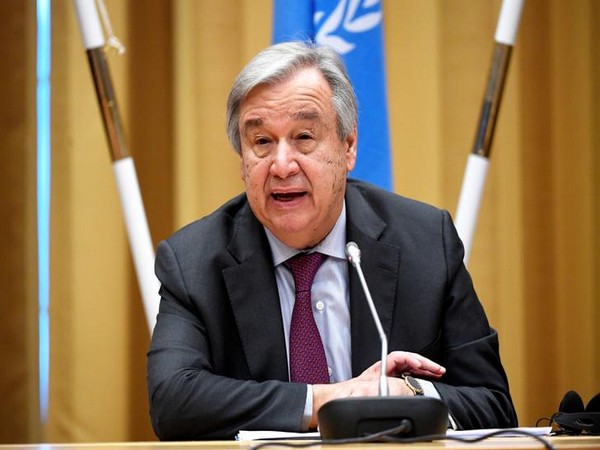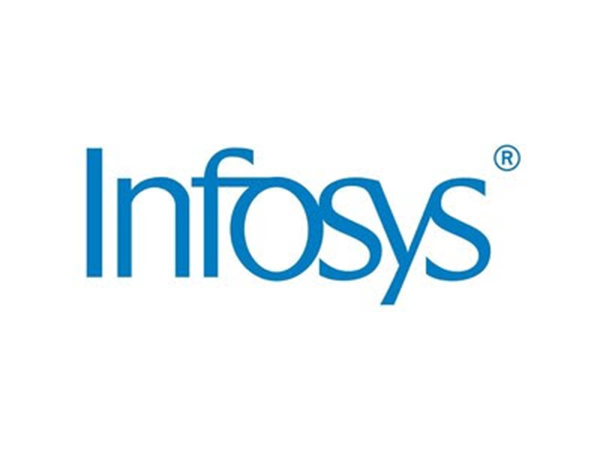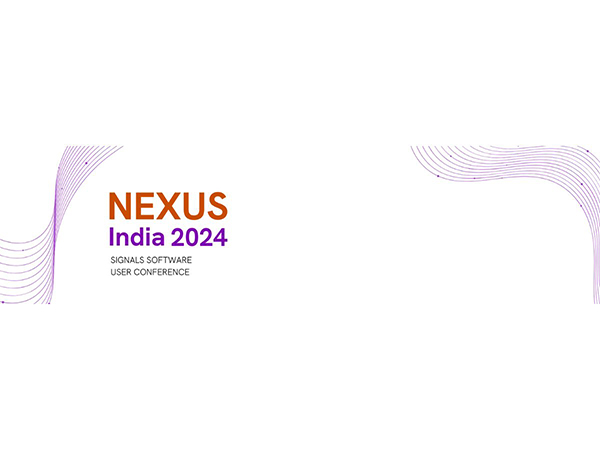UN chief calls for bold measures to tackle debt crisis
Mar 30, 2021

United Nations, March 30: UN Secretary-General Antonio Guterres on Monday called for urgent, bold measures to address an emerging debt crisis caused largely by COVID-19.
"We are on the verge of a debt crisis. Today's meeting, convened with our partners, the prime ministers of Canada and Jamaica, is a call for urgent action," he told a high-level event on debt and liquidity.
Six countries have already defaulted. One-third of emerging market economies are at high risk of fiscal crisis. And the situation is even worse for least-developed and low-income countries. They face a painfully slow recovery that will put the 2030 Agenda for Sustainable Development and the Paris Agreement completely out of reach, he warned.
Developing countries need access to additional liquidity to respond to the pandemic and to invest in recovery. The international community must urgently provide the necessary support to all developing countries in need, said Guterres.
From the start of the pandemic, the United Nations has advocated for a three-phase approach to debt: a moratorium on debt payments, targeted debt relief, reforms to the international debt architecture, he noted.
He welcomed the steps that have been taken, including fresh financing by international financial institutions, the Debt Service Suspension Initiative of the Group of 20, and the Common Framework for Debt Treatments, but said they are far from enough.
"I am, therefore, calling for much bolder and more ambitious measures.
"We strongly believe that the Debt Service Suspension Initiative must be extended into 2022, and made also available to highly indebted, vulnerable middle-income countries that request it.
"The Common Framework for Debt Treatments is facing difficulties. Countries are reluctant to use it because they are concerned that it will have a negative impact on their credit rating. We need joint efforts to address this.
"Additional, targeted debt relief to vulnerable countries, including middle-income ones, will ultimately be needed. A new debt mechanism could provide a menu of options including debt swaps, buy-backs and cancellations," he said.
This is also the moment to tackle long-standing weaknesses in the international debt architecture, from lack of agreed principles, to restructurings that provide too little relief, too late, he added.
"Ultimately, we need a shift in mindsets towards responsible borrowing and lending, accepted by debtor and creditor countries, investors, market participants, credit rating agencies and international organizations. We need a time-bound, open dialogue to build trust and transparency in a systemic, inclusive way. Together, with collective resolve, we can help all countries invest in response, recovery, and a more sustainable and resilient future," said Guterres.
Source: Xinhua









